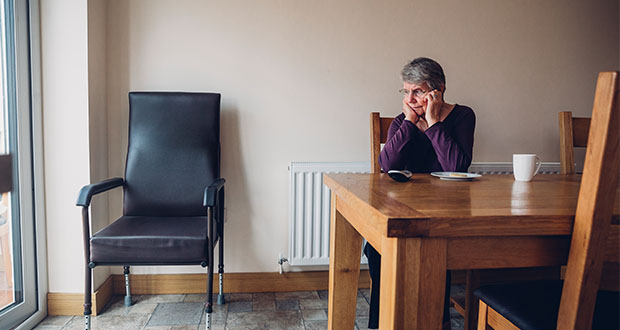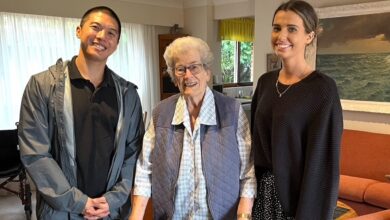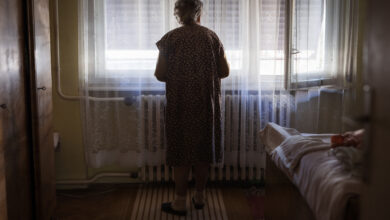GP nurses could lead the way on anxiety diagnosis

The discussion about the mental health of our older population is slowly coming to prominence yet the scale of the issue is not fully understood. Approximately half of all aged care residents exhibit symptoms consistent with depression, but these stats are likely an underestimate.
The most recent ABS National Health Survey estimated there were 4.8 million Australians (20.1 per cent) with a mental or behavioural condition in 2017–18. However, this data only provides numbers on people who currently identify as having mental or behavioural conditions and does not provide data on lifetime prevalence or incidence of mental illness in the past year. Furthermore, we know anecdotally that older Aussies often do not report mental illness, and some see their symptoms as a normal part of ageing.
Anxiety is a lesser known, but nonetheless large issue in this cohort, with studies linking anxiety symptoms in later life to cognitive impairment and dementia. Anxiety symptoms are also involved in up to 17 per cent of older people who die by suicide.
Dr Danny Hills, Associate Professor in the School of Nursing and Healthcare Professions at Federation University, wants nurses to be the first port of call for older Aussies suffering with anxiety.
Hills and his colleagues have designed a general practice nurse (GPN) led intervention which would see nurses attempt to diagnose and help treat the oft-missed signs of anxiety.
It's a serious condition and it can cause a great deal of distress for people. And that's why I think it's an important problem to investigate, particularly as it's very rarely properly detected and thus very rarely properly treated,” Hills told Nursing Review.
“There’s lot of stigma around mental disorders. And look, a lot of people think that if you're getting old and you've got all these illnesses that it's probably kind of normal that you'd feel anxious about things, you'd be worried about falling and worried about this and worried about that,” said Hills.
“But the fact is that it's not normal and it can be addressed. And when older people particularly do address or are able to have those symptoms addressed, they of course feel much better in their lives.”
GPs are often the first point of call for older people, Hills says, and the symptoms of anxiety can, at times, be vague and hard for GPs to detect. Hills saw this as an opportunity to improve detection and he worked the intervention into the annual 75-years-and-older health assessment that is run by many general practices.
The study was conducted over a period of 30 months from December 2015, commencing in three general practices in the Australian Capital Territory (ACT) and then in five general practices in the State of Victoria — four in greater metropolitan Melbourne and one in a regional centre in northern Victoria. The intervention consisted of a five-item Geriatric Anxiety Inventory-Short Form (GAI-SF) integrated into the existing health assessment.
From the eight practices, 736 patients were screened for anxiety and researchers found that 148 (20.1 per cent) showed symptoms.
“We were looking at the literature on depression, and what we found was that there were a lot of interventions available and a lot of options for depression, but anxiety was clearly not being properly addressed in older people.
“So it was a search of the literature that brought us to see that this was probably an important issue. That's what our first study has been about. Finding out if we can identify it and also find out how much of it is a problem.
“We gave this instrument to 736 people and about one in five had the symptoms. It could be a million older Australians who have untreated anxiety, and that’s just anxiety,” Hills said.
Hills and his colleagues argue that although their intervention dramatically improves anxiety detection rates, more needs to be done to clear pathways to treatment.
The cost of therapies, challenges accessing practitioners and reluctance to engage with mental health providers all make accessing therapy difficult and Hills suggests a similar evidence-informed, general practice-based intervention delivered by a known and trusted clinician may help overcome these issues for older Aussies.
The research argues that due to the fee-for-service model of general practices and short consultation times, GPs are not best placed to implement these changes.
“In contrast, GPNs are uniquely positioned to provide combined screening and therapeutic interventions for older people with [clinically significant symptoms of anxiety],” the report read.
Email: [email protected]





